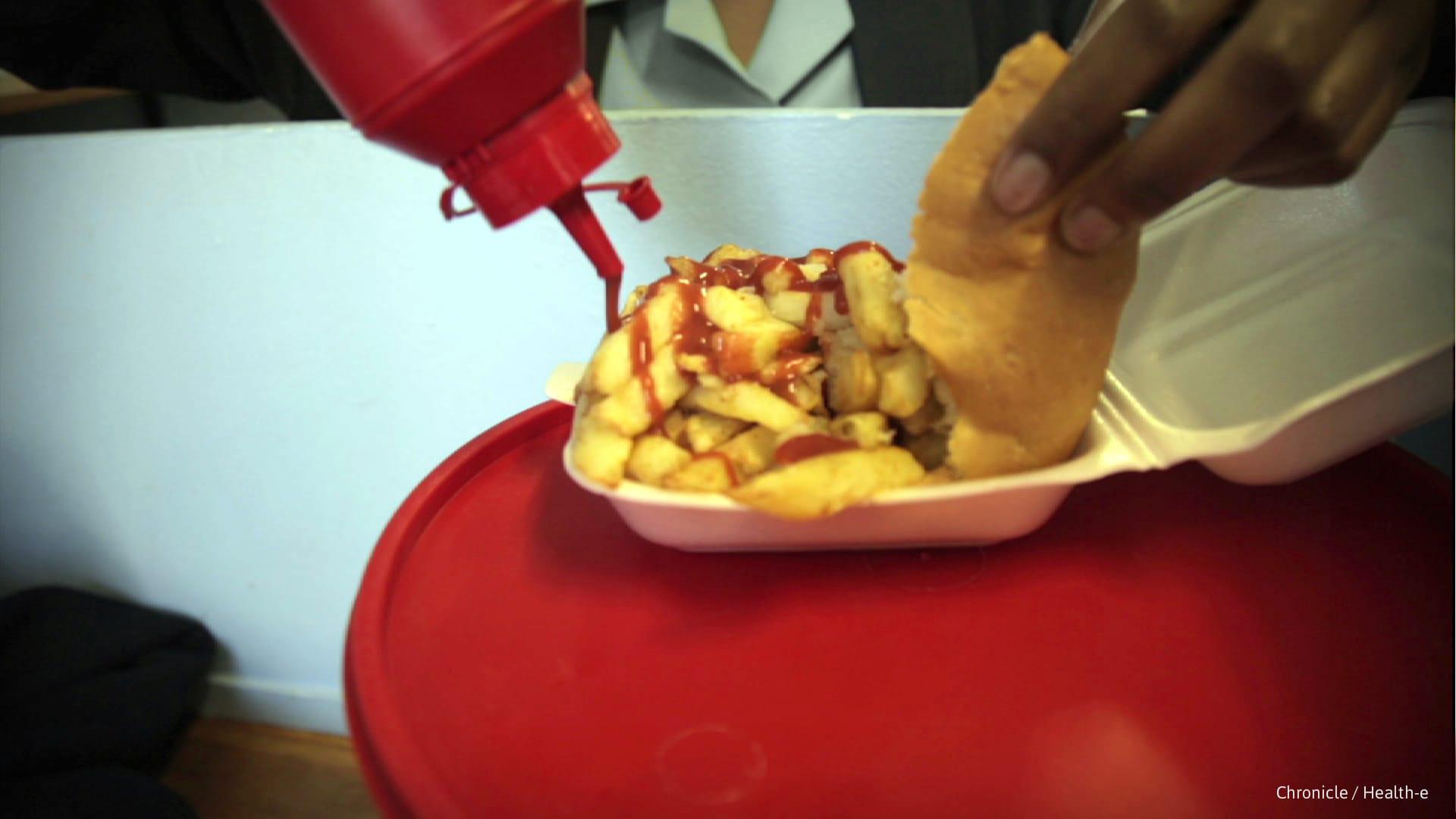Fatty food a risk for gallstones

While gallstones can be genetic, the condition can be exacerbated by the consumption of too much fatty food. Most people who have heard about gallstones are not aware that eating too much fat and cholesterol can be a huge factor in worsening the condition.
Gallstones are solid particles that form from the hardening of digestive fluid in the gallbladder.
Hlophe, now 30 years old, struggled with gallstones for well over a year before she was eventually properly diagnosed.
“For so long I have been in pain that comes and goes. I just assumed that it was probably cramps, until the pains became really serious,” she explained.
“I took it very lightly until the pains resulted in me being hospitalised. That’s when the nurses told me I have gallstones.
Intense pain
Hlophe says it started when she began feeling intense pain in her upper abdomen on her right side. The pain would come and sometimes she would also experience nausea.
“They really are just on and off pains. Some days they only lasted a few minutes, but some days it would go on for a couple of hours,” she explained.
No medication was prescribed to her, but she is had been scheduled for surgery on January 31.
Hlophe now pays careful attention to what she eats.
A local clinic nurse in the Soshanguve area, Buli Nxaki, advises people not to ignore any pains they feel.
“It is important for patients to visit the clinic or make an appointment with a doctor if they have any pains that worry them. Seeking immediate care is also important if they develop signs or symptoms of serious gallstone complications, such as intense abdominal pain that makes it hard to sit still or finding a comfortable position, yellowing of the skin and the whites of the eyes as well as high fever.”
There are two types of gallstones. These are cholesterol gallstones composed mainly of undissolved cholesterol, but may also contain other components; and pigment gallstones which are the dark brown or black stones that form when there is too much bilirubin in the bile.
Nxaki listed a few factors that can increase a person’s risk of getting gallstones. These include being female, eating foods with a lot of fat, a high cholesterol diet, not eating enough fibre as well as having a family history of gallstones.
An edited copy of this story was published by The Star.
Author
Republish this article
This work is licensed under a Creative Commons Attribution-NoDerivatives 4.0 International License.
Unless otherwise noted, you can republish our articles for free under a Creative Commons license. Here’s what you need to know:
You have to credit Health-e News. In the byline, we prefer “Author Name, Publication.” At the top of the text of your story, include a line that reads: “This story was originally published by Health-e News.” You must link the word “Health-e News” to the original URL of the story.
You must include all of the links from our story, including our newsletter sign up link.
If you use canonical metadata, please use the Health-e News URL. For more information about canonical metadata, click here.
You can’t edit our material, except to reflect relative changes in time, location and editorial style. (For example, “yesterday” can be changed to “last week”)
You have no rights to sell, license, syndicate, or otherwise represent yourself as the authorized owner of our material to any third parties. This means that you cannot actively publish or submit our work for syndication to third party platforms or apps like Apple News or Google News. Health-e News understands that publishers cannot fully control when certain third parties automatically summarise or crawl content from publishers’ own sites.
You can’t republish our material wholesale, or automatically; you need to select stories to be republished individually.
If you share republished stories on social media, we’d appreciate being tagged in your posts. You can find us on Twitter @HealthENews, Instagram @healthenews, and Facebook Health-e News Service.
You can grab HTML code for our stories easily. Click on the Creative Commons logo on our stories. You’ll find it with the other share buttons.
If you have any other questions, contact info@health-e.org.za.
Fatty food a risk for gallstones
by healthe, Health-e News
February 13, 2018



